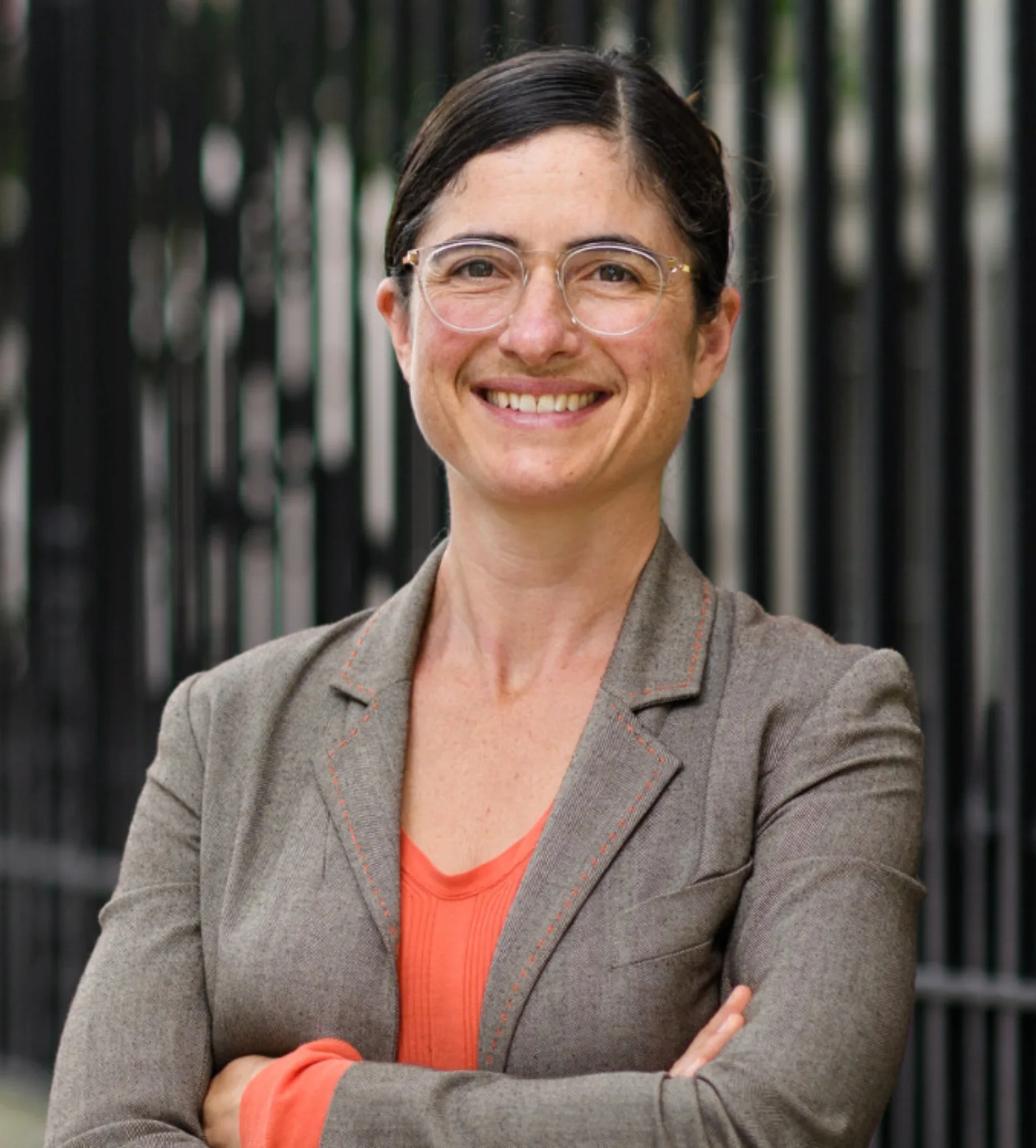Making Privacy Popular: Labor and the Fourth Amendment, Sophia Z. Lee, University of Pennsylvania
This paper argues that, during the 1910s and 20s, labor was responsible for linking for the first time constitutional privacy with First Amendment speech and association rights in ways that would shape the course of civil liberties in the 20th century. Previously, the Fourth Amendment was a tool of the elite, wielded by businessmen to limit the government’s investigation and regulation of their practices. In this context, constitutional privacy served anti-democratic ends. During the 1910s and 20s, the politics of constitutional privacy transformed. The wartime and postwar crackdown on labor and radicals led to legal challenges to police surveillance that forged a laborite version of constitutional privacy, one that shaped the views of early civil libertarians. As a result, during this period, constitutional privacy went from being seen as a tool elites used against the agents of the people to a democracy-protecting claim the people held against an illegitimately investigatory state.
Respondents: Ahmed White, University of Colorado–Boulder and R. H. Lossin, Brooklyn Institute for Social Research
